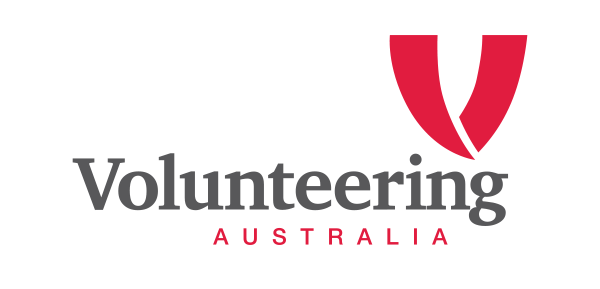Justice Connect and Volunteering Australia welcome recent reforms to federal laws on sexual harassment, passed by Parliament last week through the Sex Discrimination and Fair Work (Respect at Work) Amendment Bill 2021, but more needs to be done by governments to better prevent and address sexual harassment against volunteers and other unpaid workers in Australian workplaces.
As a result of these reforms, many volunteers across Australia now have the legal right to make a complaint to the Australian Human Rights Commission about sexual harassment or sex-based discrimination. This inclusion of volunteers in sexual harassment protections was part of a key recommendation made by Justice Connect and Volunteering Australia in their joint 2019 submission to the National Inquiry into Sexual Harassment in Australian Workplaces.
Prior to these reforms, volunteers were excluded from legal protections under the Federal Sex Discrimination Act 1984, and were forced to rely on other sources of law depending on where they volunteered. This gap effectively left volunteers who were survivors of sexual harassment in some states and territories without a clear avenue for complaint or resolution – and is symptomatic of a legal system where volunteers are often forgotten.
Chief Adviser of Justice Connect’s Not-for-profit Law Sue Woodward AM said:
“These reforms are a very welcome first step and we are pleased our concerns have been heard. But more must be done to ensure volunteers and other unpaid workers – who deliver critical services to the community – are given full legal protection from sexual harassment.”
Last week’s reforms do not include a clear legal duty on workplaces to take proactive steps to prevent and eliminate sexual harassment, as we recommended in our joint submission.
“This effectively places the burden on survivors of sexual harassment to make a complaint – rather than putting the responsibility on workplaces to actively take measures to prevent sexual harassment,” said Woodward AM.
Given that one of the stated objectives of the Sex Discrimination Act is ‘to eliminate, so far as is possible, discrimination involving sexual harassment in the workplace’, the Federal Government should include in the law a positive duty. Victoria’s equivalent legislation provides a good model*.
These reforms also disappointingly do not cover people volunteering at ‘volunteer associations’ (organisations that do not have any employees).
“Everyone should be able to feel safe and respected at work – regardless of whether they receive a wage or not,” said Woodward AM.
Volunteering Australia CEO Mark Pearce said:
“We are pleased to see the inclusion of volunteers in sexual harassment protections as a result of speaking up for volunteers’ rights. However, there is still work to be done to protect all volunteers. The Australian Charities and Not-for-profits Commission (ACNC) shows more than half of Australia’s charities are run entirely by volunteers. Disappointingly, these reforms still leave many volunteers with no protection.”
“Volunteers support the nation every day and are needed now more than ever. It is time we support volunteers and ensure they are all protected from workplace sexual harassment,” said Mr Pearce.
*Section 15 of the Equal Opportunity Act 2010 (Vic) requires organisations to 'take reasonable and proportionate measures to eliminate that discrimination, sexual harassment or victimisation as far as possible.' This takes into account the size and resources of smaller not-for-profit organisations.


